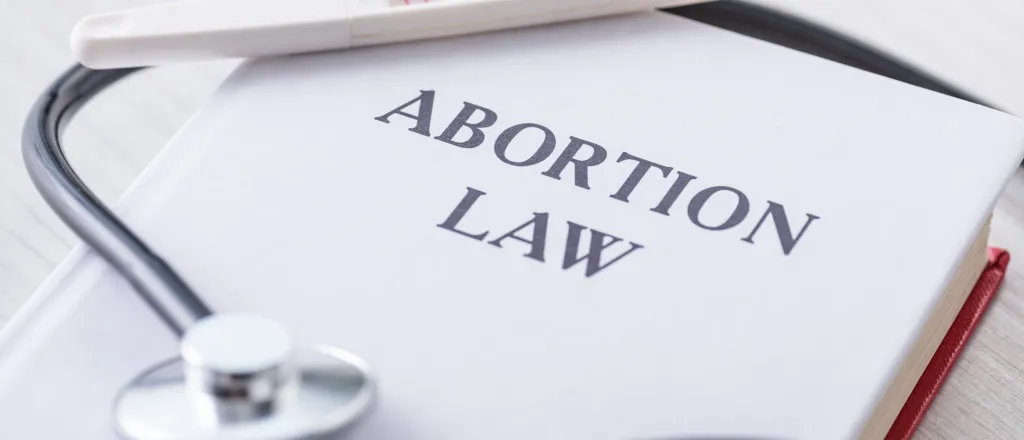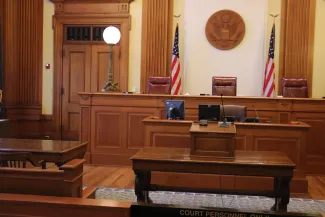
Wisconsin Supreme Court hears case on 1849 abortion law
Click play to listen to this article.
(Wisconsin News Connection) It is now up to Wisconsin Supreme Court justices to decide the fate of an abortion law from the mid-1800s.
A circuit court determined last year an 1849 law does not apply to "medically consented" abortions in Wisconsin. The high court heard arguments Monday about whether a 1985 state law overrides the older one, allowing abortions before the point at which a fetus could survive outside the womb.
Jenny Higgins, professor of obstetrics and gynecology at the University of Wisconsin-Madison, said while the impact of this case is critically important, even if the 1849 law is determined to be unenforceable, returning to the status quo would mean a dire landscape for abortion access.

"Even though abortion is technically available at clinics in Wisconsin right now, it's heavily restricted," Higgins explained. "Because of insurance and Medicaid prohibitions, people have to pay out-of-pocket for a service that should be covered by insurance."
The 1849 law, which was brought to light after Roe v. Wade was overturned by the U.S. Supreme Court, prompted a statewide freeze on abortion services for more than a year. Higgins noted if Wisconsin's high court rules the law still applies today, the state would be looking at another abortion freeze.
Abortion access disproportionately affects those who are already the most marginalized, Higgins pointed out. She noted while people from all walks of life may find themselves needing abortion care, factors like poverty and racism make it much harder for some to achieve reproductive autonomy, compared to those with more economic and social resources.
"Those effects make it much harder for folks to be able to access contraceptive care, be in relationships that are stable and healthy and communicative, to be able to see past the end of the day into one's future if you are, again, mostly focused on your own economic scarcity or figuring out how to feed your kids, or figuring out how not to get evicted," Higgins outlined.
The 1976 Hyde Amendment, established three years after Roe v. Wade, prohibits the use of federal funds for abortion. Higgins hopes federal lawmakers will focus more on this amendment when considering the barriers to abortion care.

















